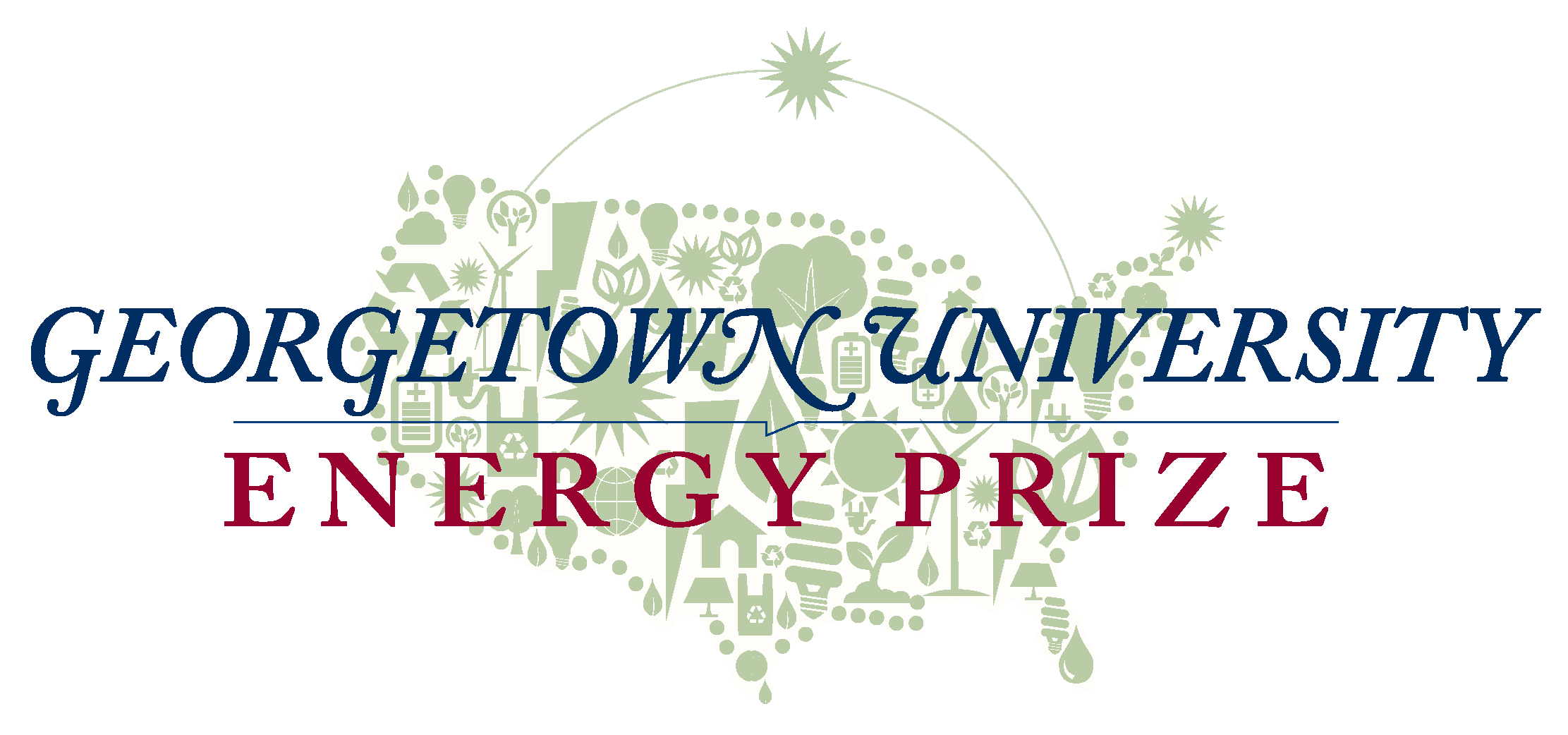Montpelier is one of 10 Finalists in National Competition for Energy Savings
Montpelier, Vermont, is among 10 cities and counties that have advanced to the final round of the Georgetown University Energy Prize (GUEP), a national competition to rethink the way America’s small- to medium-sized towns, cities, and counties use energy. Montpelier has already saved almost 60 billion BTUs of energy, and reduced carbon emissions by 1,685 metric tons. Today, the Energy Prize announced the 10 communities who have advanced to the final round of the competition. Montpelier is among the highest performing communities in the nationwide, multi-year competition based on total energy savings per household. In December, a panel of judges representing academia and industry will evaluate each community’s approach to innovative, replicable, scalable energy efficiency programs and will select a winning community based on a combination of energy performance scores and the advancement of new best practices over the course of the two-year energy-saving period. The final stage of the Energy Prize will be led by Uwe Brandes, faculty director of the master’s program in Urban and Regional Planning at Georgetown.
“Montpelier is at the forefront of a nationwide competition to bring together communities with a shared goal of reducing energy consumption,” said Energy Prize executive director Uwe Brandes. “Our ten finalists have achieved impressive energy savings and reduced municipal and household energy budgets. They serve as models for other communities across our country and have offered innovative energy-saving strategies that can be replicated and scaled.”
"Despite being one of the smallest communities to participate in the Georgetown University Energy Prize, Montpelier has shown that a small city can have a big impact and lead the way towards net zero energy for rural communities across the country,” said Kate Stephenson of the Montpelier Energy Advisory Committee. “Looking back at what we have accomplished over the past few years, it's impressive.”
She noted that the City has connected over 20 buildings to district heat, installed 1 megawatt of municipal solar, drafted a new City energy plan, held a design competition for our downtown, audited our municipal building stock, launched a revolving loan fund for energy projects, and engaged thousands of residents and business owners with our outreach. Stephenson added, “Montpelier is on a path to Net Zero by 2030, and being named a finalist for the GUEP is great recognition for the work we've done."
Montpelier Mayor John Hollar said, “This is an important recognition of the progress the City has made towards becoming Net Zero Montpelier. It also is an acknowledgement of the City’s commitment to meet this goal.”
“Montpelier’s strong record on energy efficiency and a move to renewables proves that small communities can be national leaders on this front,” said Montpelier City Manager William Fraser. Fraser said residents, City Councils and the business community have supported Montpelier’s efficiency effort, understanding it’s good for the environment and good for the economy.
Since 2014, 50 cities and counties across the U.S. have worked to reduce their energy consumption. At the end of 2016, these communities had collectively saved 11.5 trillion BTUs of energy, reducing their carbon emissions by an estimated 2.76 million metric tons—the equivalent of taking one car off the road for every 30 minutes of the competition—and saving nearly $100 million from municipal and household energy budgets.
To reduce their energy consumption, the communities:
- implemented bold new local policies on energy-transparency, energy-savings, and clean energy technology;
- conducted deep data-mining of their energy use and community infrastructure;
- focused on increasing energy efficiency in neighborhoods with high energy use in all income brackets;
- created novel financing mechanisms to enable their residents to invest in new energy upgrades; and
- used radically unique approaches to support behavior change, including gamification and the latest methods in social science research to help their communities rethink how they use energy.
“This is a national effort, so participants were encouraged to find solutions that were likely to yield continuing improvements within their own communities and also inspire replication in other communities,” said Brandes, who prior to joining Georgetown was Senior Vice President of the Urban Land Institute. “Montpelier should be commended for their tremendous efforts and creative contributions to reduce energy consumption and innovate new best practices.”
The following 10 communities (appearing in alphabetical order) have been selected to advance to the final phase of the Georgetown University Energy Prize:
- Bellevue, Washington
- Bellingham, Washington
- Berkeley, California
- Chula Vista, California
- Fargo, North Dakota
- Fort Collins, Colorado
- Oberlin, Ohio
- Montpelier, Vermont
- Takoma Park, Maryland
- Walla Walla, Washington
In December, the Energy Prize Judging Panel will review final reports about each community’s energy-saving plan, performance, and future prospects. The final reports, submitted by the communities in November, will be scored in weighted categories, including innovation; potential for replication; likely future performance; equitable access, community and stakeholder engagement; education; and overall quality and success.
The Energy Prize Judging Panel will select a winning community-based on the combination of these scores and the results of the two-year energy-saving period.
The winning community will be recognized in December and provided with a prize package that includes support toward $5 million in financing for an energy efficiency dream project, as well as workshops and education opportunities for the winning community.

